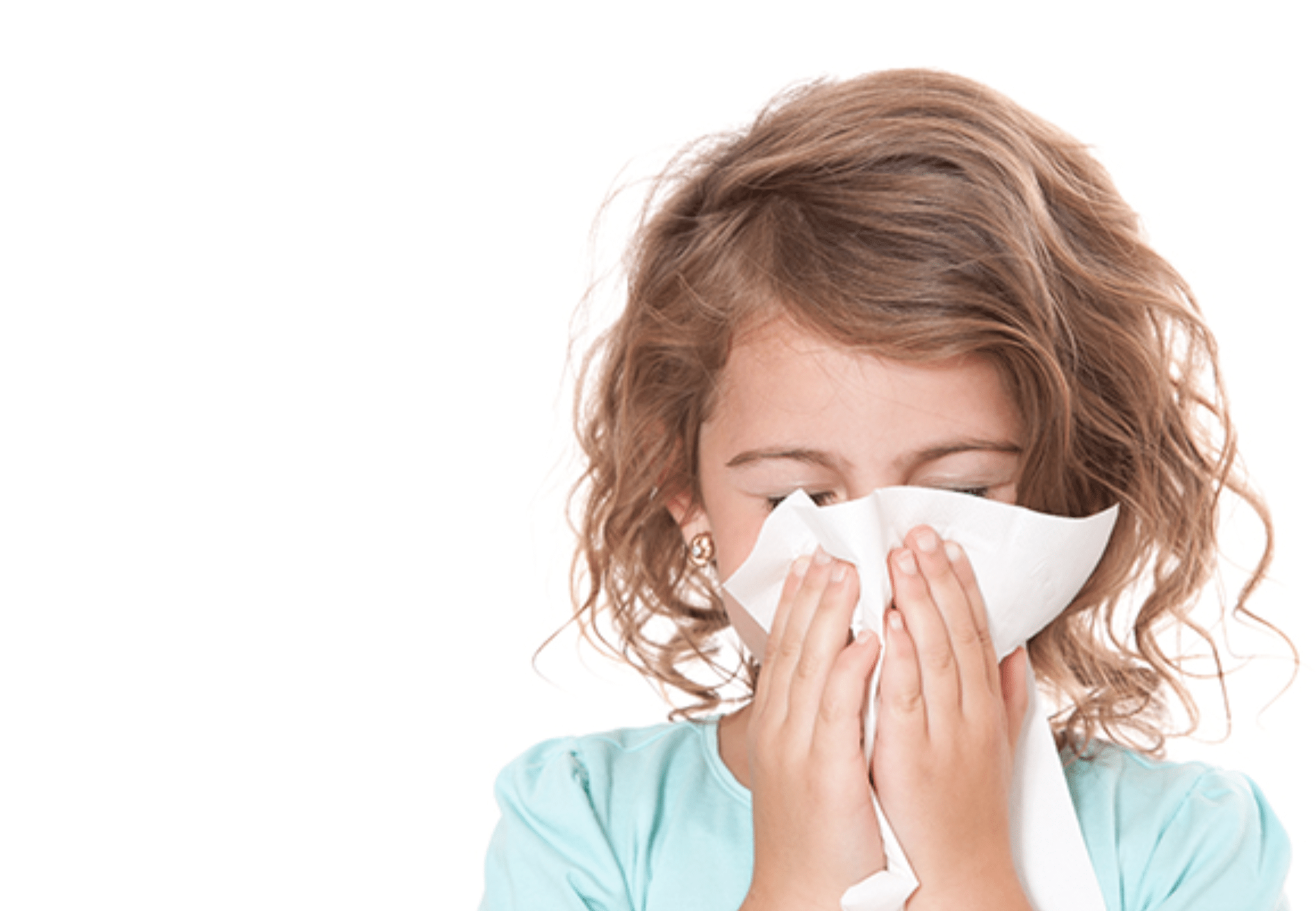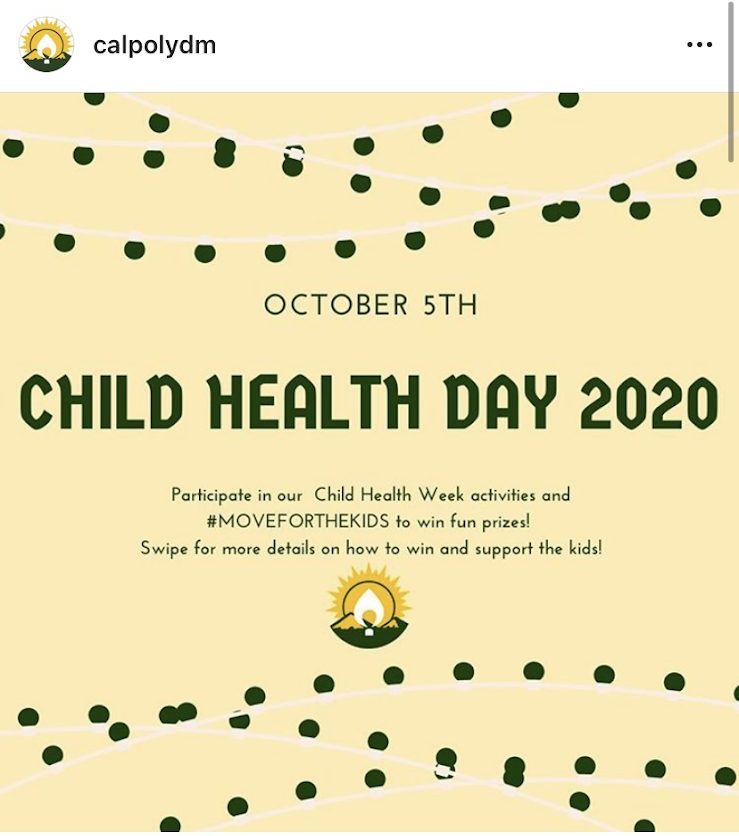Protect yourself against the coming flu season
If last flu season was any indication, you should take steps now to protect yourself from the flu. Most people with the flu will have more moderate symptoms and will recover within about a week without medical treatment by resting and drinking plenty of fluids to stay hydrated.
The risk of the flu is higher for the very young and the elderly. Pregnant women and those with underlying health conditions are also at higher risk.
If you are in a high-risk group or have concerns, call your primary care doctor or clinic at the first sign of flu symptoms to determine whether you might benefit from antiviral medication to help shorten the duration and severity of the flu. It is important to consult your pediatrician before providing any medication to young children.
Severe flu symptoms include the following:
- Difficulty breathing (more serious than stuffy nose) and shortness of breath
- Pain or pressure in the chest or abdomen
- Sudden dizziness and confusion
- Severe or persistent vomiting
- Flu symptoms that improve but then return with fever and a worse cough
- Bluish skin color
For children, additional symptoms of serious flu include:
- Breathing fast
- Not drinking enough fluids
- Not waking up or interacting
- Very irritable to the point they don’t want to be touched or held
- Not shedding tears when crying, have significantly fewer wet diapers than normal
Getting vaccinated is the best protection against the flu. Other precautions include washing your hands often with soap and water; avoiding touching your eyes, nose and mouth; and avoiding contact with sick people.
If you become sick, stay home from work and school to avoid infecting others. Find more information on preventing and treating the flu at www.cdc.gov/flu.





